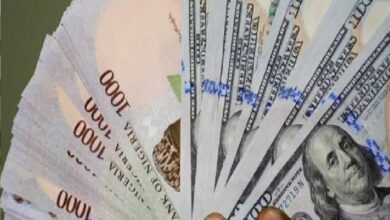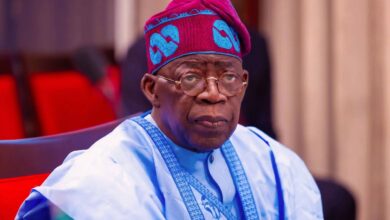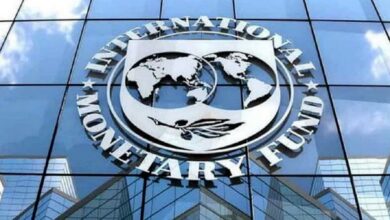How Nigeria’s Lawmakers Plan to Kill the Sports Betting Industry and Its Benefits

Sports betting is a popular and lucrative activity for millions of Nigerians, especially the youth. However, some lawmakers in the House of Representatives want to put an end to it, citing moral and social concerns. They have passed a resolution to stop sports betting in the country and to enforce the Lottery Regulatory Commission Act, 2005.
The resolution was based on a motion by Kelechi Nwogu, a member of the People’s Democratic Party from Rivers State. He claimed that sports betting was causing mental health issues, such as depression, anxiety, and addiction, among the bettors. He also alleged that it was leading to broken relationships, financial troubles, legal problems, and job losses due to dishonesty and debt. He even blamed sports betting for increasing crime and suicide rates in the country.
Nwogu urged the government to launch campaigns to educate the public about the negative effects of sports betting and to prevent underage participation. He also called for a public hearing on the dangers of sports betting in Nigeria, to be conducted by the Committee on Inter–Governmental Affairs within four weeks.
The News Agency of Nigeria reported that about 60 million Nigerians aged between 18 and 40 engage in sports betting, spending an average of 15 dollars daily. According to data from the National Lottery Trust Fund, Nigerians spend about 975 million dollars daily and 356 billion dollars annually on online sports betting.
However, not everyone agrees with the lawmakers’ move to ban sports betting. Some stakeholders in the industry have criticized the resolution as ill-timed, insensitive, and counterproductive. They argued that sports betting provides employment, income, and entertainment for many Nigerians, especially in the face of economic hardship and unemployment.
A staff of SportyBet, who spoke anonymously to The PUNCH, described the government as confused and ridiculous. He wondered why the government would want to destroy an industry that is a major source of livelihood for many people. He said, “In a country where people are struggling to make ends meet, they want to crush the masses with another policy that will render more people jobless. It is very insensitive.”
A punter, Emmanuel Abraham, also expressed his displeasure with the lawmakers’ proposal. He accused the government of trying to create a distraction and divert public attention from the poor state of the economy. He said, “I’m saying it is a Trojan horse to deviate public attention from the bad decisions they have made which has driven the country off a cliff.”
Abraham challenged the lawmakers’ reasons for banning sports betting, saying that they were untenable and hypocritical. He pointed out that there are many other things that could cause addiction, depression, and other problems, such as opioids, sex, alcohol, and so on. He asked, “If you go to the hospital, and they give you morphine to numb pain. Isn’t morphine addictive? Are they going to ban that too? It doesn’t make any sense. Everyone knows too much of anything isn’t good. But are you going to ban everything that has an addictive proclivity?”
Another punter, Bennet Winner, dismissed the proposal to ban sports betting as the work of “some jobless people”. He said it was disappointing for lawmakers to try to take away food from honest Nigerians at a time of unprecedented economic hardship. He said, “Sports betting is a legitimate and legal business that has helped many people to survive and thrive in this country. The government should focus on creating more opportunities for the youth, not destroying the ones they have.”
The Association of Nigerian Bookmakers, the national trade association that represents sports betting operators, has not yet commented on the resolution. However, it is expected that they will resist any attempt to ban or restrict their industry, which contributes to the economy and society in many ways.




